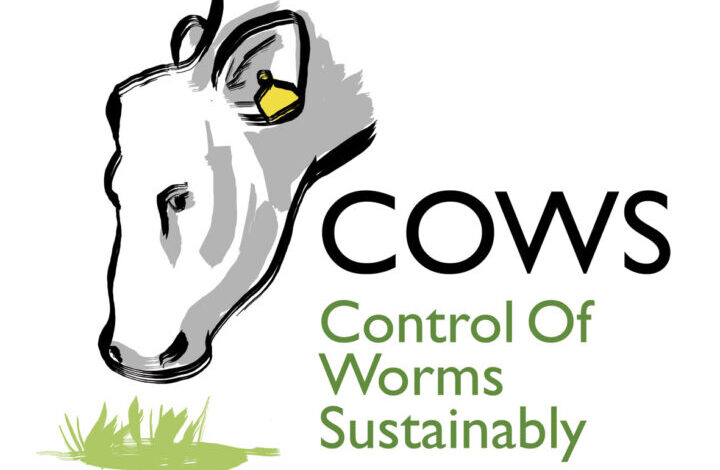
Words
Tim Nickel – Bovine Technical Services Veterinarian, Boehringer Ingelheim Animal Health Canada Inc.
Article Summary:
- In any robust parasite control program, there should be both management and treatment options.
- Gastrointestinal worms are a hidden problem that can be easy to forget.
- Optimal stocking density can help reduce the spread of parasites from animal to animal.
- Pasture management – rotational grazing, grazing younger animals before older ones, and resting pastures – can also help limit parasite loads.
Parasites such as flies, lice, mites or worms can affect the health and performance of cattle. Developing and implementing a parasite control program can help minimize this impact. There are several control strategies available to producers and below are details about some non-chemical options.

How do you manage parasites in cattle?
Ivermectin (Ivomec) for cattle is an effective medication against the internal worm parasites including lungworms as well as cattle grubs and sucking lice. It is available in injectable or pour-on formulations. Withdrawal time to slaughter is 35 days.

Nutritional requirements
Having animals in good body condition and on a diet that meets all of their nutritional requirements is the most effective way to reduce the impact of parasites, both internal and external. Animals that are thin or have nutritional deficiencies, including minerals and vitamins, are more susceptible to the impacts of parasites. They are also more prone to other diseases. It is why animals are often more affected by parasites in situations like a long cold winter or during a drought, when nutrition may be less than optimal. Feed testing and correction of any deficiencies can go a long way to making animals better able to cope with parasites.
Overcrowding is another important risk factor. External parasites are more likely to spread when animals are in close proximity. Lice are a good example of this. They are spread mainly through direct contact between animals, and the more crowded animals are the more readily they can spread amongst a group.

Pasture management also plays a big role in internal parasite control. In addition to lowering stocking density, pasture rotation is another tool that can be utilized. The vast majority of the infective larvae are found on the lower part of the plant, close to the ground. If animals are moved before they graze below this point, it will limit the level of exposure. As well, if pastures are to be grazed more than once in a season, consider the sequence.
A different species, such as sheep, can be grazed after cattle, to reduce the cattle parasites present on the pasture. This is because cattle-adapted worms do not survive as well in other ruminant species, and vice versa.
The individual animal’s genetics can make them more susceptible to parasites. It is generally accepted that 20% of animals in a group harbour 80% of the parasites, and there is some evidence to indicate at least some of this is due to genetics. The goal would be to identify these individuals and cull them from the herd. Unfortunately, this is not easily done given the current tools we have, but technology is changing rapidly, and it may become more feasible in the near future.
Talk with your veterinarian to help develop a comprehensive parasite control program that suits the specific circumstances and needs of your operation.

Summary – Management Practices for Parasite Control in Cattle
1. Importance of Parasite Control
- Parasites reduce feed efficiency, cause weight loss, and weaken immunity.
- Heavy infestations can lead to disease outbreaks, poor reproduction, and economic loss.
2. Types of Cattle Parasites
a) Internal Parasites (Endoparasites):
b) External Parasites (Ectoparasites):
3. Management Practices
a) Pasture & Grazing Management
- Rotational Grazing: Move cattle to fresh paddocks to interrupt parasite life cycles.
- Avoid Overgrazing: Parasite larvae are more concentrated in short grass.
- Rest Pastures: Allow time for parasite larvae to die off before re-grazing.

b) Environmental Hygiene
- Keep barns, sheds, and feeding areas clean and dry.
- Remove manure regularly to reduce fly breeding sites.
- Use manure composting to kill parasite eggs and larvae.
c) Nutritional Support
- Provide adequate protein, minerals, and vitamins to improve immune response.
- Offer mineral supplements with anti-parasitic additives (e.g., copper, selenium, garlic in some formulations).
d) Strategic Deworming
- Deworm based on fecal egg count (FEC) results, not on a fixed schedule.
- Target high-risk groups: calves, lactating cows, and newly purchased cattle.
- Rotate classes of dewormers to avoid resistance.
e) External Parasite Control
- Use pour-ons, sprays, ear tags, or back rubbers for ticks and flies.
- Treat the whole herd at the same time for lice and mites.
- Maintain fly control programs during warm seasons.
4. Resistance Management
- Avoid unnecessary deworming.
- Use correct doses based on weight to prevent under-dosing.
- Combine chemical control with pasture management.
5. Monitoring & Record Keeping
- Keep track of treatments, parasite loads, and pasture rotations.
- Work with a veterinarian for periodic herd health assessments.
If you want, I can now turn this into a neat infographic-style summary so cattle owners can easily follow these steps. That would make it perfect for your veterinary website’s articles.
FAQs – Parasite Control in Cattle
1. Why is parasite control important in cattle?
It improves growth, reproduction, and overall herd health while reducing disease risk.
2. What are common parasites in cattle?
Internal: worms (roundworms, liver flukes).
External: ticks, lice, flies.
3. How often should cattle be dewormed?
Typically 1–2 times per year, but frequency depends on climate, grazing system, and vet advice.
4. What are good management practices?
- Rotate pastures to break parasite life cycles.
- Keep housing and feeding areas clean.
- Provide mineral supplements to boost immunity.
- Use targeted deworming instead of routine blanket treatments.
5. Can parasites become drug-resistant?
Yes—overuse of dewormers can lead to resistance. Always follow veterinary guidance.
Need Veterinary Help?
If you have questions about animal health, management, diseases, or treatment, our professional veterinary team is here to help.
Consult Online: Contact Us
Email: professionaldvm129@gmail.com
Visit: www.veterinaryhub.info

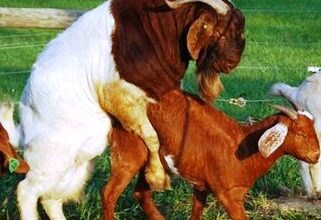
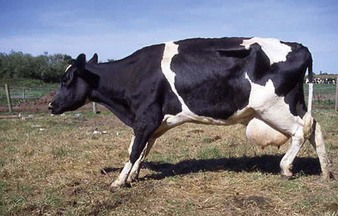

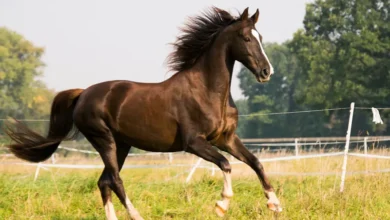


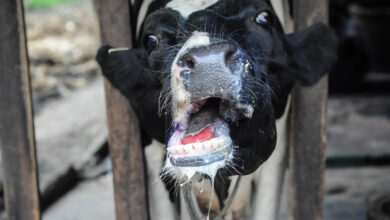
9laovu